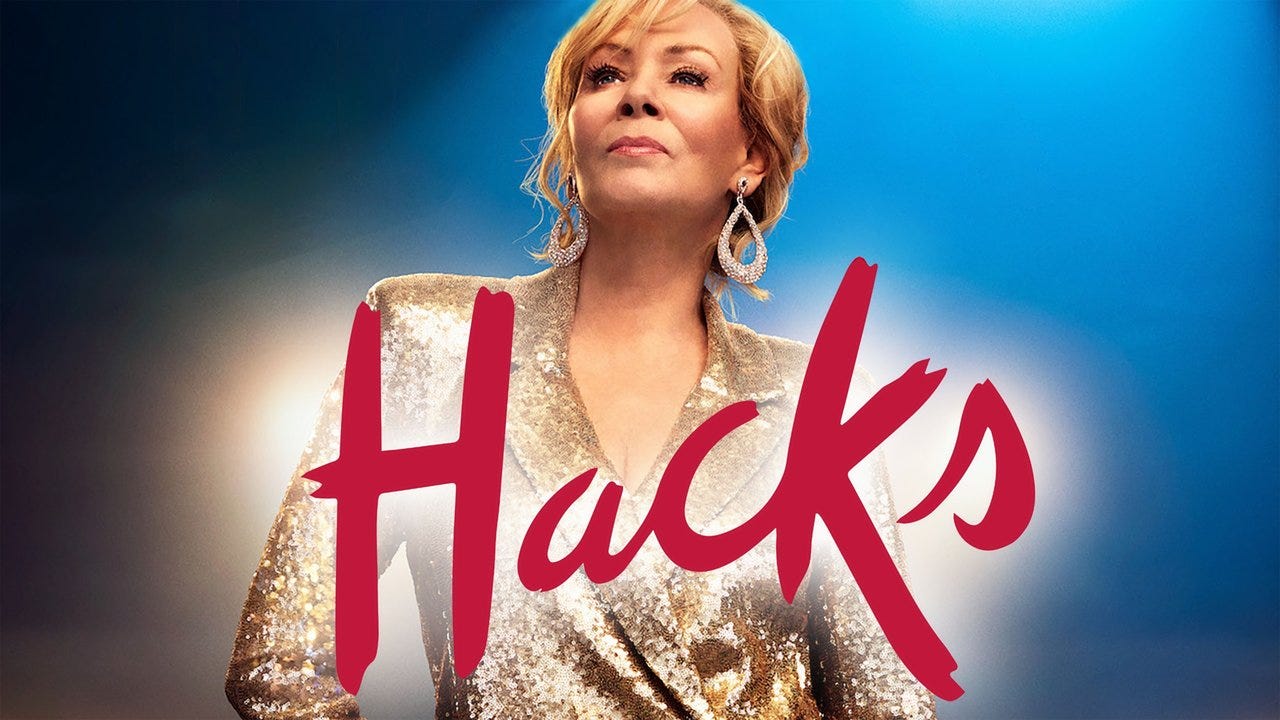WTF Are Equities?
Do stocks always go up?
Publicly traded US equities are the largest investment class in the world with an estimated value of $40.3 trillion. “Equities” is the fancy way to refer to stocks - the two terms are largely interchangeable at this point. Semantics aside, if there’s one thing we know about stocks, it’s that they always go up, thus making them the ideal vehicle for people like Dave Portnoy and his Twitter gang to essentially treat like gambling chips:
With all due respect to Barstool (I said all due respect!), stocks do not always go up. However, investing in the stock market isn’t exactly synonymous with gambling either. Based purely on probabilities, it’s actually a better deal.
The House Edge is the mathematical advantage that the gambling game, and therefore the commercial gambling venue, has over you as you play over time. This advantage results in an assured percentage return to the venue over time. Think of House Edge as the casino’s expected profit margin, essentially. The higher the House Edge, the more profitable the game is to the casino.
Here’s the House Edge depending on where you place your chips in Craps:
Craps is one of the more player-friendly casino games and it’s still filled with landmines. Plus, you have to sit at the table and play for hours in order to begin to tilt the odds in your favor.
Alternatively, you could invest your bankroll into stocks. Sure, you don’t get free drinks, but the odds are far more in your favor. Since the 1870s (y’know, during the Grant Administration) US stocks have gone up 61% of the time.
Stocks don’t always go up, but they go up more often than they go down. Which sure beats robotically pulling a slot machine arm over and over again (or maybe it doesn’t - who are we to judge your good time?).
And yet, stocks can still seem like a black box. So, we think it's important to know what you get when you buy a stock. And so we turn to Uncle Mike:
Thanks, Mike! In other words, owning a company’s stock makes you a partial owner of that company, and therefore, entitled to a share of the company’s assets as well as a right to all future earnings for that company.
This is an amazing thing when you think about it: you can own a part of some of the greatest companies in the world (like Apple, Amazon, or Pfizer) all by purchasing their stock. While you may only own a small amount, having equity in these companies is an incredible opportunity to grow your wealth. Just look at what investing $1,000 in Amazon’s IPO would be worth today (albeit not without risk).
So, what’s the catch? First, please raise your hand if you invested in Amazon’s IPO. Anyone? Didn’t think so. Second, we previously covered how fraught investing in an IPO can be. And third, even if you were blessed with wizard-like foresight and saw in the dumpy 90s-era Bezos the future Bond Villian he would become, were you able to hold the stock without selling?
‘Cuz here’s the thing: it is incredibly hard to pick which company will become the next Amazon. And even though it returned more than 2300x over 23 years it also suffered massive drawdowns.
On the one hand, investing in stocks is a way better deal than investing in a seat at the Craps table. But investing in individual stocks can still feel like gambling, both in terms of the probability of success and the swings in fortune one must endure.
Fortunately, you do not have to pick specific companies to participate in the stock market!
There is this incredible thing called the S&P 500 Index that represents the largest 500 companies in the United States. Amazon and most public companies you can think of make up the index.
Back in the 1970s, a handful of academics figured out how to make the index investable. So now, you can participate in the profitability of the 500 largest and most successful companies in the world, just by buying an index fund!
Even better, every financial app or channel that you subscribe to will quote the performance of this index, which makes counting your money all that much easier.
What’s the Upside?
Investing in stocks shouldn’t be confusing or intimidating. It’s okay if you don’t have an investment thesis on Amazon or a view on Tesla. Leave that to other people. It’s enough to know that stocks are a better deal than the casino and that an index fund takes the guesswork out of picking individual companies.
While this is not without risk, it has historically been astoundingly profitable. Once you realize investing means owning pieces of large, recognizable, and profitable companies, then buying stocks should feel more like a privilege than a chore (you don’t even need your mom’s help).
For Your Weekend
This is where we’ll post a round-up of essays, podcasts, and streaming shows to check out over your weekend. We cast a wide net so you don’t have to.
Watch:
Jean Smart won an Emmy for her portrayal of Deborah Vance, an aging Las Vegas comedienne largely based on Joan Rivers. The show focuses on Vance as she attempts to retain her residence at the fictional Palmetto Casino. To help, her agent forces a pouty Los Angeles writer on her to modernize her act. The show deftly pits Boomer vs Zoomer.











